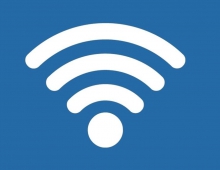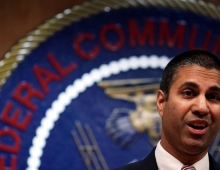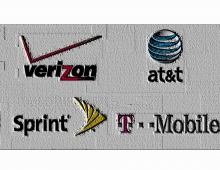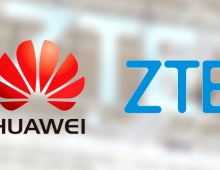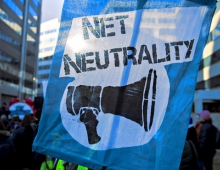
FCC Votes For New 'Net Neutrality' Rules
U.S. telecommunications regulators on Thursday formally proposed new "net neutrality" rules that would allow telecommunications and broadband providers to charge content providers for preferential treatment across their respective networks.
Federal Communications Commission Chairman Tom Wheeler has come under fire from consumer advocates and technology companies for proposing to allow deals in which content companies could pay broadband providers to prioritize traffic on their networks.
This strategy is already being demonstrated by Netflix and Comcast, although executives at the online streaming giant have publicly complained about having to resort to this practice.
At the same time, the FCC also ruled that broadband companies could not slow down or altogether block incoming traffic outright.
The Federal Communications Commission decided in a 3-2 vote to advance the proposal and begin formally seeking for public comment.
Critics worry the rules would allow companies to pay up and slower traffic for others.
The FCC's proposal tentatively concludes that "priority service offered exclusively by a broadband provider to an affiliate should be considered illegal until proven otherwise."
In addition, internet service providers (ISPs) will need to disclose all "relevant information" and policies for governing networks.
The FCC also stipulated that ISPs cannot "act in a commercially unreasonable manner," meaning ISPs can't block legal content nor can they favor traffic from one entity over another.
Technology companies, including Google and Facebook have spoken out against allowing pay-for-priority, although they have not called for reclassification.
The FCC also today voted to limit how much spectrum Verizon Communications and AT&T will be able to buy in next year's auction of wireless airwaves.
The approved plan will reserve part of the spectrum in each market for wireless carriers that do not already have substantial blocks of low-frequency airwaves there, restricting Verizon and AT&T participation.
This strategy is already being demonstrated by Netflix and Comcast, although executives at the online streaming giant have publicly complained about having to resort to this practice.
At the same time, the FCC also ruled that broadband companies could not slow down or altogether block incoming traffic outright.
The Federal Communications Commission decided in a 3-2 vote to advance the proposal and begin formally seeking for public comment.
Critics worry the rules would allow companies to pay up and slower traffic for others.
The FCC's proposal tentatively concludes that "priority service offered exclusively by a broadband provider to an affiliate should be considered illegal until proven otherwise."
In addition, internet service providers (ISPs) will need to disclose all "relevant information" and policies for governing networks.
The FCC also stipulated that ISPs cannot "act in a commercially unreasonable manner," meaning ISPs can't block legal content nor can they favor traffic from one entity over another.
Technology companies, including Google and Facebook have spoken out against allowing pay-for-priority, although they have not called for reclassification.
The FCC also today voted to limit how much spectrum Verizon Communications and AT&T will be able to buy in next year's auction of wireless airwaves.
The approved plan will reserve part of the spectrum in each market for wireless carriers that do not already have substantial blocks of low-frequency airwaves there, restricting Verizon and AT&T participation.



